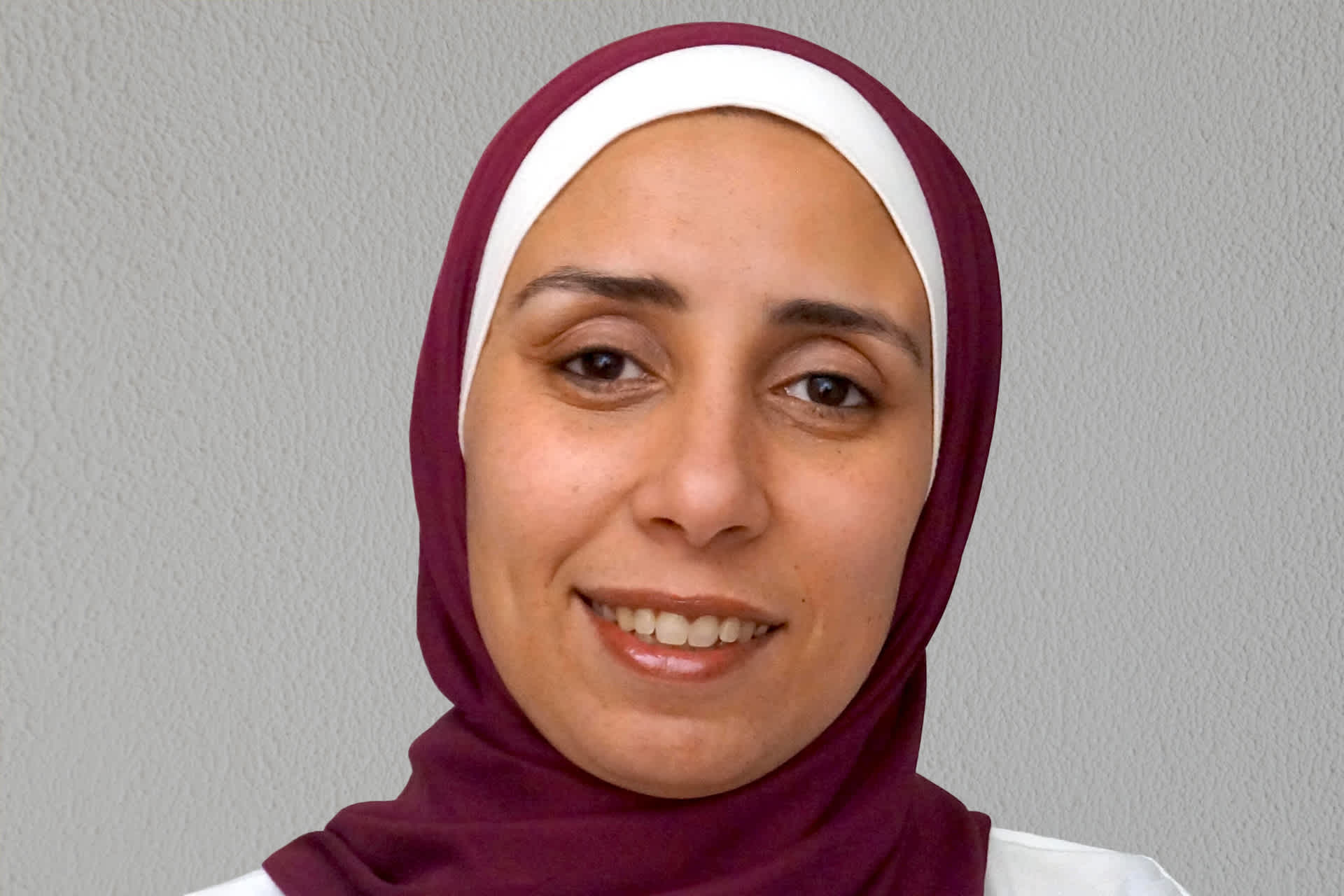A Bridge Between Languages

Yasmin Alkashef grew up in Egypt learning English and Arabic. From a very young age, she knew she loved languages. In fourth grade, she began learning French. “I was always very good at these classes, and I enjoyed them very much,” Alkashef says. Her love of languages continued into high school, where she began training to be a translator. Now she interprets and translates for people professionally.
Alkashef has been a translator for 20 years. She’s a member of the American Translators Association board of directors, and is a certified Arabic-to-English translator, a certified court interpreter, and a conference interpreter. Though the jobs have similarities, translators work with written material while interpreters work with spoken language. Confidence is crucial to both jobs. Translation requires good writing skills, while interpersonal skills are key for interpretation.
Most interpreters and translators are freelancers, which means they’re not employed as staff for an organization or company. Being a freelancer means doing a variety of work for a variety of clients. Alkashef enjoys this aspect of her job. “It’s always fun, because every week is different, and the topics are always different,” she says. “One day you are translating a document about clean water, and the next day, you are in court, interpreting a divorce case. The following day, you’re at a conference about international peace. You learn a lot, because you get to get in touch with so many different people.”
Alkashef has interpreted at court cases and film festivals, and at political events with people such as presidents and kings. The work can be exciting and glamorous, but also challenging and sad.
“Interpreters speak in the first person,” Alkashef says. When they say something sad or traumatic, “Researchers say that your subconscious does not understand [that] it is somebody else’s story. So interpreters come home with this burden, and they have to do self-care to take care of their mental health.”
Alkashef is most grateful that through her work, she’s able to help others. “It’s more than just the words. The interpreter brings an understanding of the cultures, of history, of a lot of things,” she says. Her work has enriched her life in many ways, and she tries to impart what she learns to those around her.
Over the years, Alkashef has learned that cultures and languages are not as different from one another as they might seem. “We share more than what we think,” she says. Her advice to aspiring interpreters and translators is to work hard, learn as much as you can, and keep up with technology.

